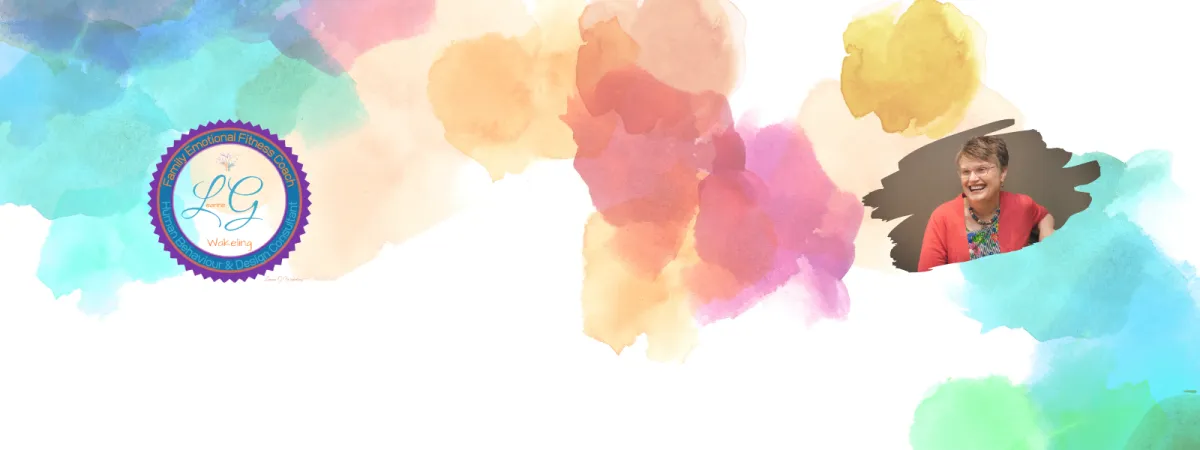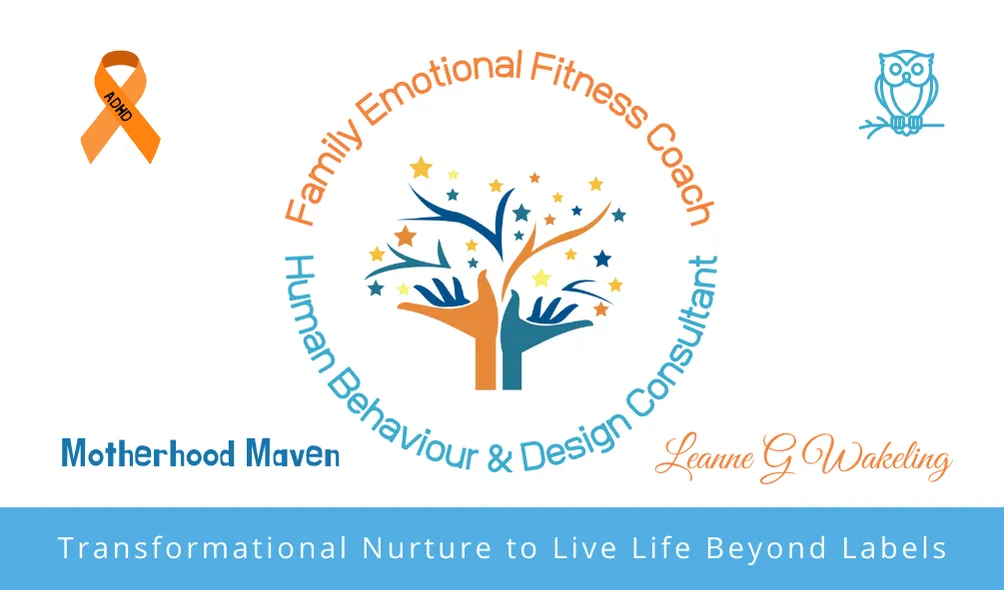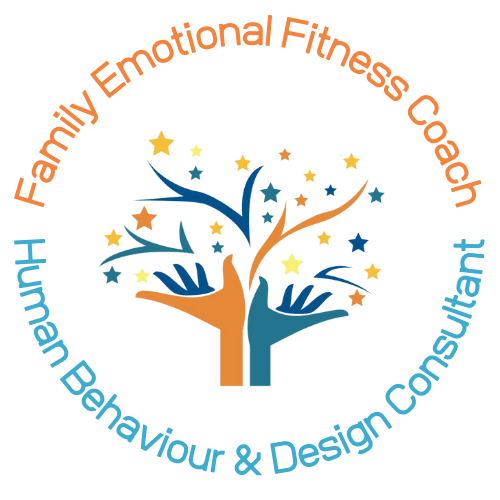Empowering YOU
Unlock You and your Family's Full Potential
with Emotional Fitness Coaching
Discover the power within you through personalised coaching that guides you toward your true potential and LIVING BEYOND Labels.
Enabling you to lead your family, regardless of ADHD or Childhood Trauma to build and strengthen emotional fitness. EF facilitates healthy harmonious relationships and is the biggest predictor in the 21st century of ADULT success.
MORE ABOUT US
Create Fulfilling Relationships and Enhance Communication
You deserve strong, meaningful relationships — and communication that truly connects. Whether you're parenting, healing, or building a life that's more aligned with who you are, I’m here to help you clear the chaos and find your flow. Together, we’ll strengthen your skills, shift old patterns, and create the rich, fulfilling connections you’re longing for.
You don’t need fixing — you need support to rediscover the strengths already inside you. With frankness, compassion, and deep belief in your potential, I’ll walk beside you as you build a future full of trust, confidence, and wholehearted relationships.
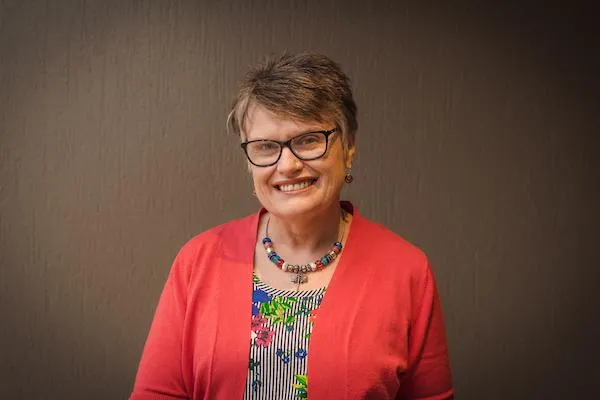
OUR SERVICES
High Quality Services
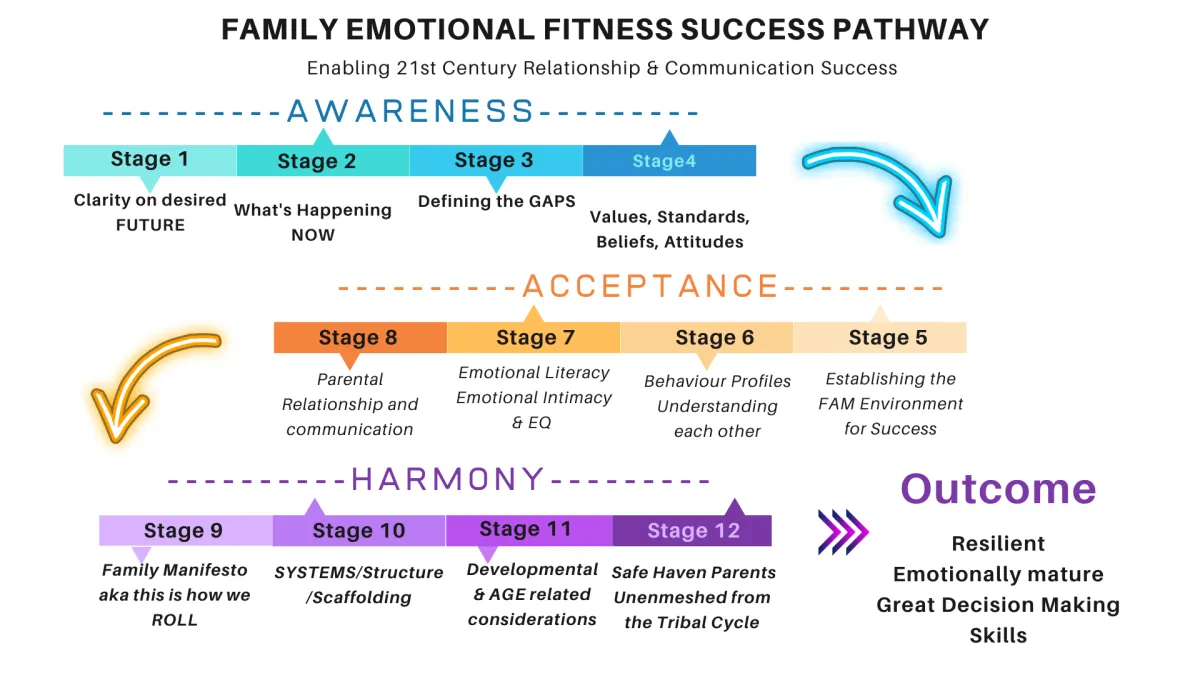
Parent with Confidence
Our programs are designed to walk with you and champion you with next steps.
Our mission is to enable you to step back from the whirlwind of everyday
Gain clarity around where you want to head
Design a roadmap to enable you to get there
Build the foundations to create sustainability
Provide a community to journey with you
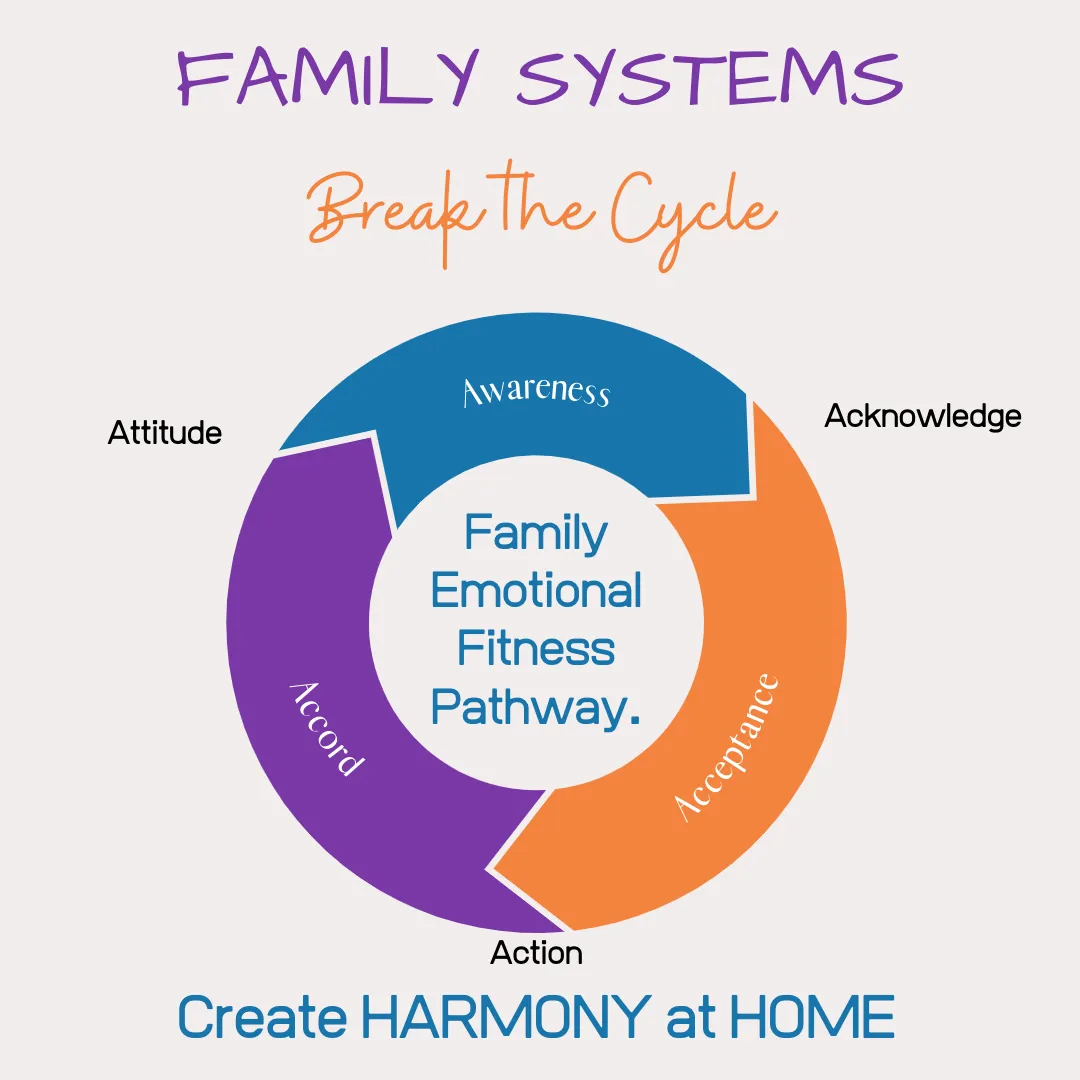
Emotional Fitness
How well rounded is your emotional repertoire?
Do you have a healthy relationship with ALL emotions, even the ones you may have been taught are bad?
How well to you cope with other people as they experience their emotions, even the ones you feel uncomfortable with?
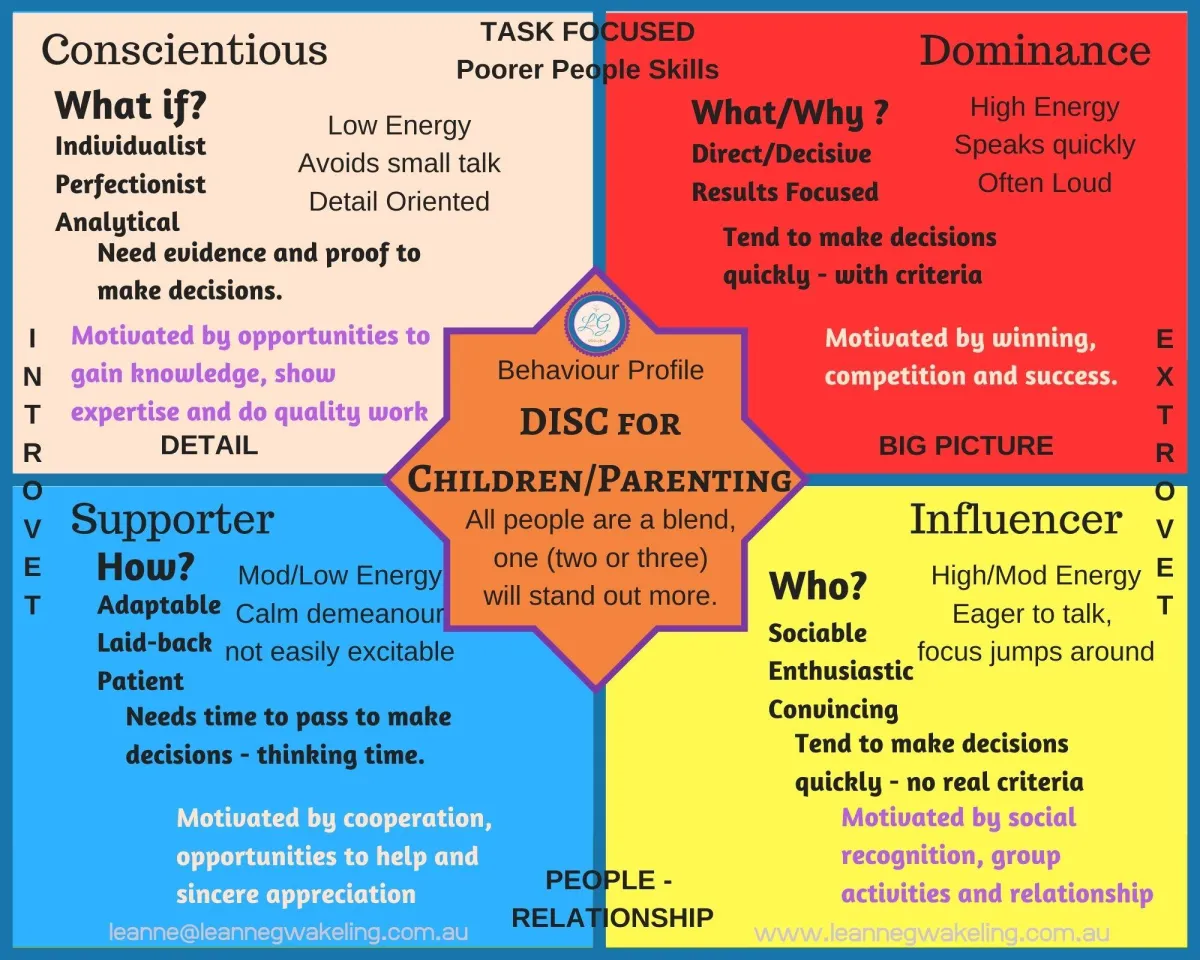
Family Support Coach and Mentoring
Dealing with the emotional challenging or divergent child
Stop yelling and find the calm
Understand behaviour energies (DISC) - Finding the flow instead of swimming against the tide.
Parents as Leaders - Design a sustainable Family Culture
Emotional Intimacy - Gottman principles
Conflict Resolution - Discovering how to Fight Functionally

Self Empowerment through Self Understanding
Emphasize your services related to mindfulness, stress reduction, and emotional well-being. Explain how you can help clients develop mindfulness practices, manage stress, and improve their overall mental health and resilience.
FAQS
What is life coaching, and how can it benefit me?
Life coaching is a collaborative and goal-oriented process that empowers individuals to unlock their potential and achieve their desired outcomes. Through a series of structured sessions, our experienced life coaches will work closely with you to identify your goals, address obstacles, and develop actionable strategies for success. Whether you seek personal growth, career advancement, better relationships, or improved well-being, life coaching can provide you with valuable tools and insights to overcome challenges and lead a more fulfilling life.
How long does a typical coaching program last, and how often are sessions scheduled?
The duration of a coaching program and the frequency of sessions can vary depending on your specific needs and goals. In general, coaching programs typically last anywhere from three to six months, with sessions conducted weekly or bi-weekly. This schedule allows for consistent progress and support. However, our coaching is flexible and can be tailored to your preferences and requirements. Your coach will work with you to create a personalized coaching plan that aligns with your timeline and objectives.
Is life coaching only for individuals, or do you offer services for groups or organizations as well?
While our primary focus is on individual coaching, we also provide group coaching and workshops tailored to the unique needs of teams and organizations. Group coaching can be a valuable resource for enhancing team dynamics, communication, and leadership skills. If you're interested in group or organizational coaching, please contact us to discuss your specific requirements, and we'll be happy to design a program that meets your objectives.
Testimonials
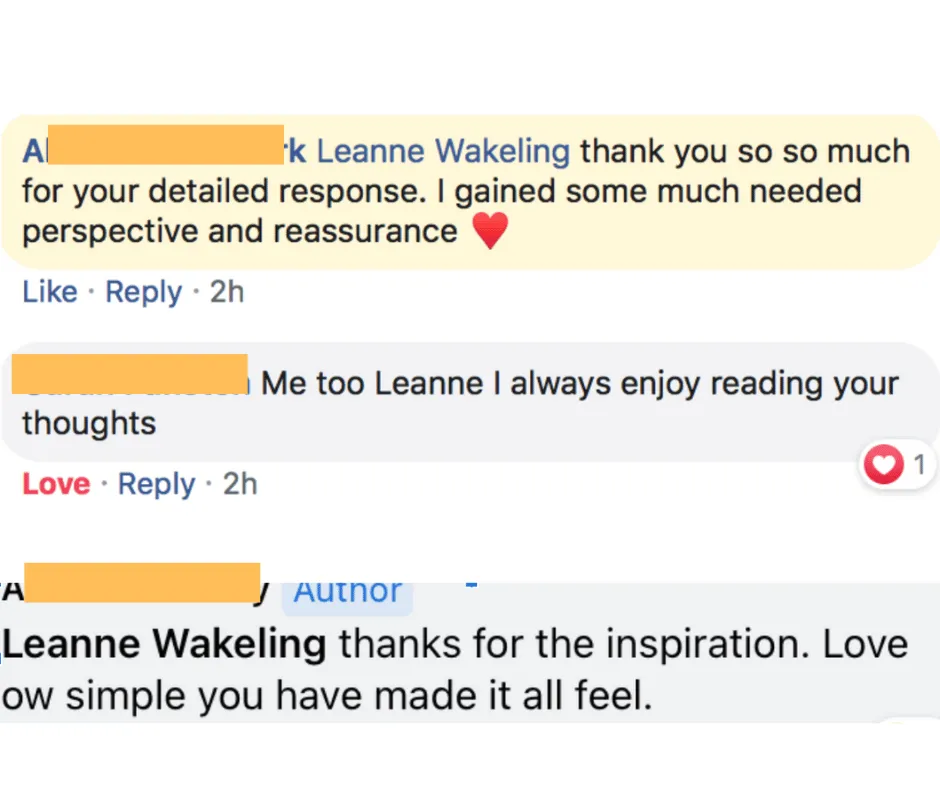
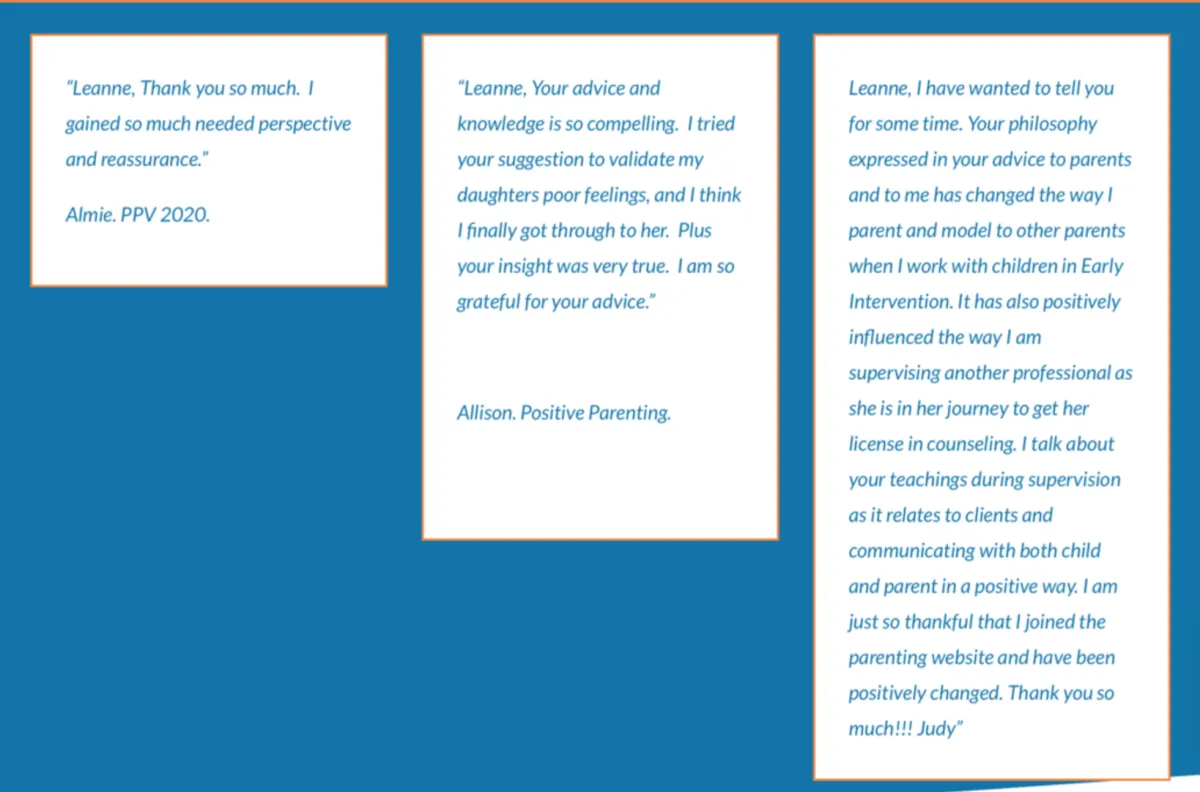
Get In Touch
